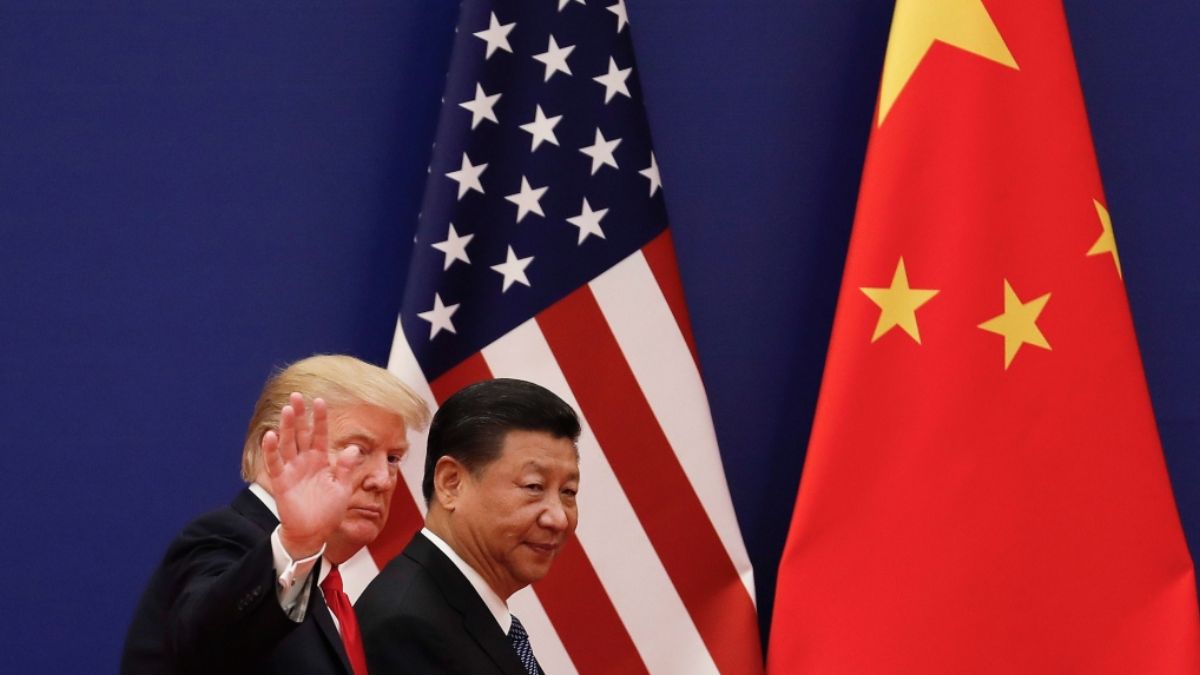The United States and China have reached an agreement to significantly reduce their reciprocal tariffs for a period of 90 days, as announced in a joint statement following two days of trade talks in Geneva, Switzerland.
“We have reached an agreement on a 90-day pause,” US Treasury Secretary Scott Bessent told reporters after the announcement.
Bessent added that both sides will move their tariffs down by 115 per cent.
This means that US tariffs on Chinese goods will come down to 30 per cent from 145 per cent and Chinese tariffs on US goods will come down from 125 per cent.
In multiple tranches, Trump had slapped tariffs on China that eventually reached 145 per cent. On some Chinese products, the tariffs were as high as 245 per cent. As China retaliated to those tariffs, the two countries got engaged into a trade war that threatened to adversely affect both the economies. While Chinese suppliers began to lose orders, the reduced supply from China threatened to raise inflation and job losses in the United States.
The joint statement said that the United States and China had agreed to establish “a mechanism to continue discussions about economic and trade relations”, which would be led by Chinese Vice Premier He Lifeng and Bessent and US Trade Representative Jamieson Greer.
“These discussions may be conducted alternately in China and the United States, or a third country upon agreement of the Parties. As required, the two sides may conduct working-level consultations on relevant economic and trade issues,” the statement further read.
This is not the first time that US President Donald Trump is pursuing a trade deal with China. In his first term, he negotiated the US-China Phase One trade deal that turned out to be spectacular failure. Under the deal, China was to buy additional $200 billion-worth US goods and services over the next two years. The deal was supposed to serve as a stepping-stone for phase two of the trade deal. The deal was dead by 2022.
Impact Shorts
More ShortsAn analysis by the Peterson Institute for International Economics (PIIE) found that China did not buy anything it had committed to.
“In the end, China bought only 58 per cent of the US exports it had committed to purchase under the agreement, not even enough to reach its import levels from before the trade war. Put differently, China bought none of the additional $200 billion of exports Trump’s deal had promised,” said Chad P Bown, the then-Reginald Jones Senior Fellow at PIEE, in an analysis.


)

)
)
)
)
)
)
)
)



